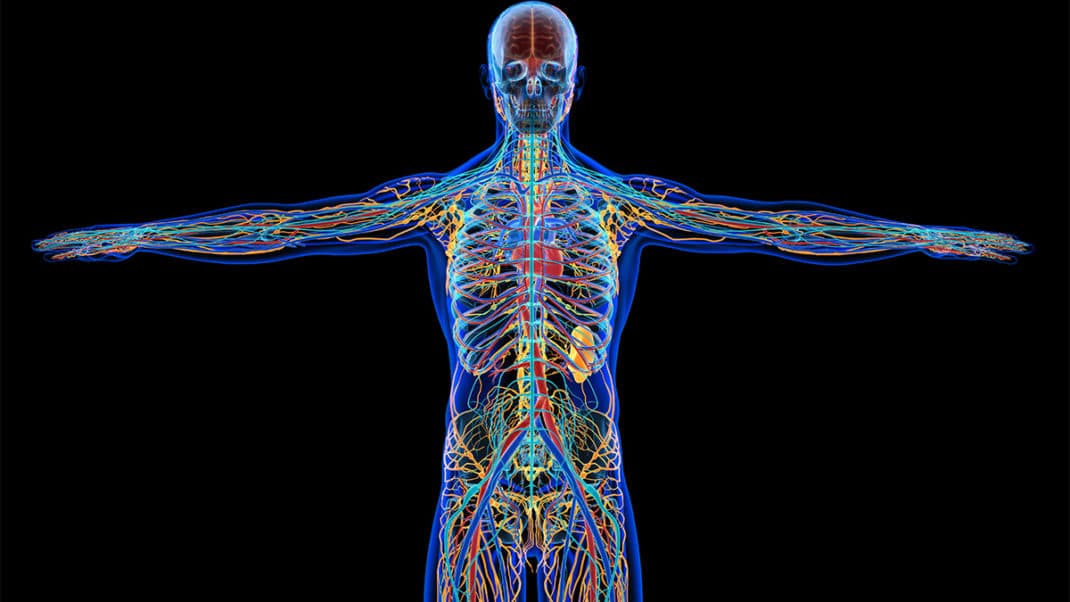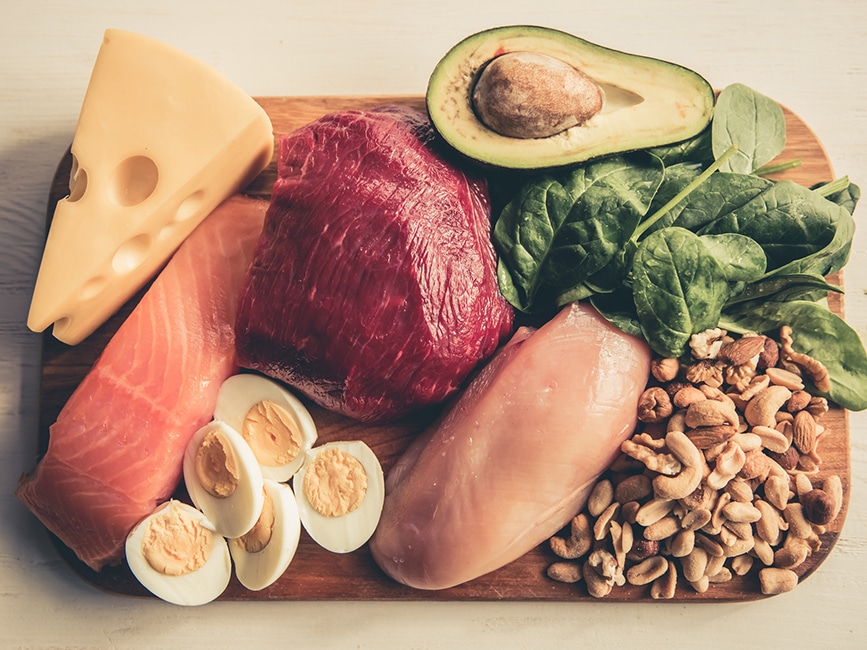Green Tea Inhibits Breast Cancer Growth
If the results of one study are any indication, having a cup or two of green tea a day may offer special protection. Green tea is high in the antioxidant EGCG (epigallocatechin-3- gallate) which helps prevent the body’s cells from becoming damaged and prematurely aged. Studies have suggested that the combination of green tea and EGCG may also be beneficial by providing protection against certain types of cancers, including breast cancer. A new study conducted by researchers at the University of Mississippi finds that consuming EGCG significantly inhibits breast tumor growth in female mice. These results bring us one step closer to better understanding the disease and potentially new and naturally occurring therapies.
Epidemiological studies suggest that green tea and its major constituent, EGCG, can provide some protection against cancer. Because these studies were very limited, the anti-cancer mechanism of green tea and EGCG was not clear. As a result, the researchers examined whether drinking EGCG (just the antioxidant infused in water) inhibited tumor growth.
Seven-week old female mice were given EGCG (25 mg/50 ml) in drinking water for five weeks. The control mice received regular drinking water. In the second week of the study mouse breast cancer cells were injected in the left fourth mammary glands of the mice. Tumor size was monitored by measuring the tumor cross section area (TCSA). Tumors were eventually isolated and measured for tumor weight, intratumoral microvessel (IM) density (using staining), and VEGF protein levels (using ELISA).
At the end of the five-week period the researchers found that oral consumption of EGCG caused significant decreases in TCSA (66%) and tumor weight (68%). The senior researcher for the study hypothesized that the reason for the link between EGCG and the reductions in the cancer data was because EGCG directly targets both tumor blood vessels and tumor cells of breast cancer for suppressing the new blood vessels formation in breast tumor, the proliferation and migration of breast cancer cells.





